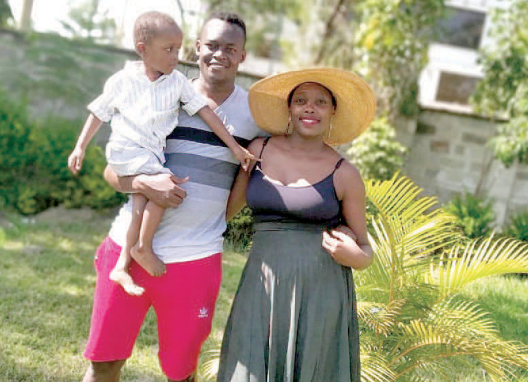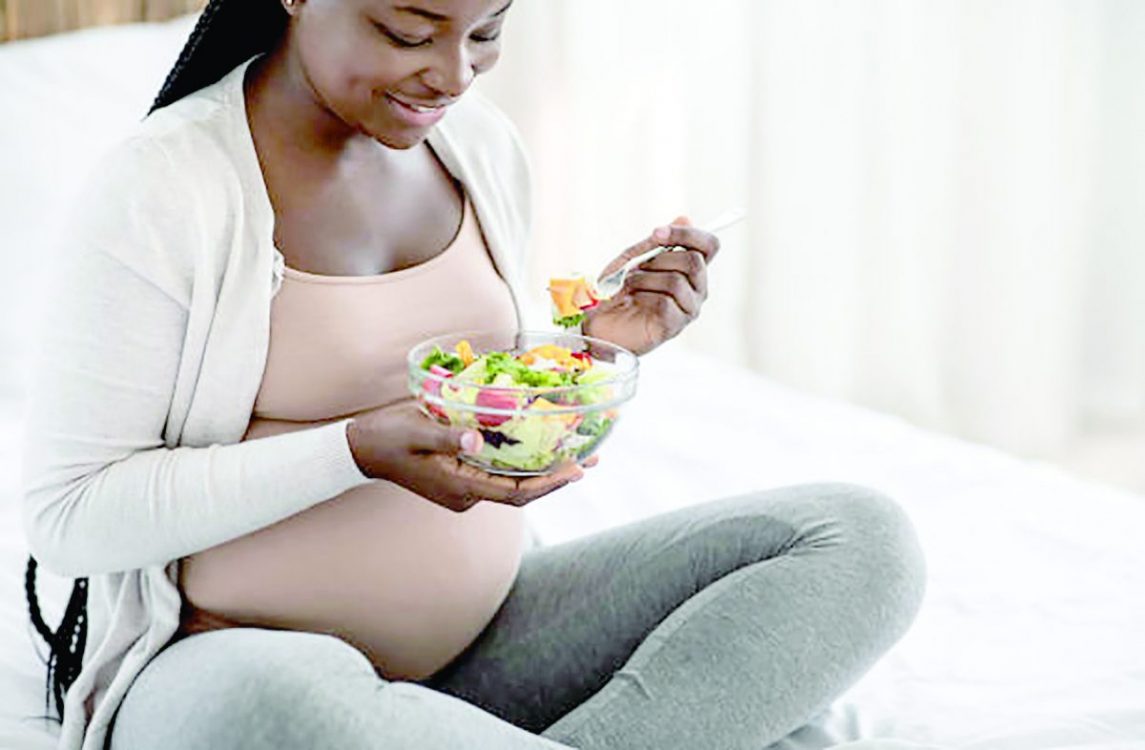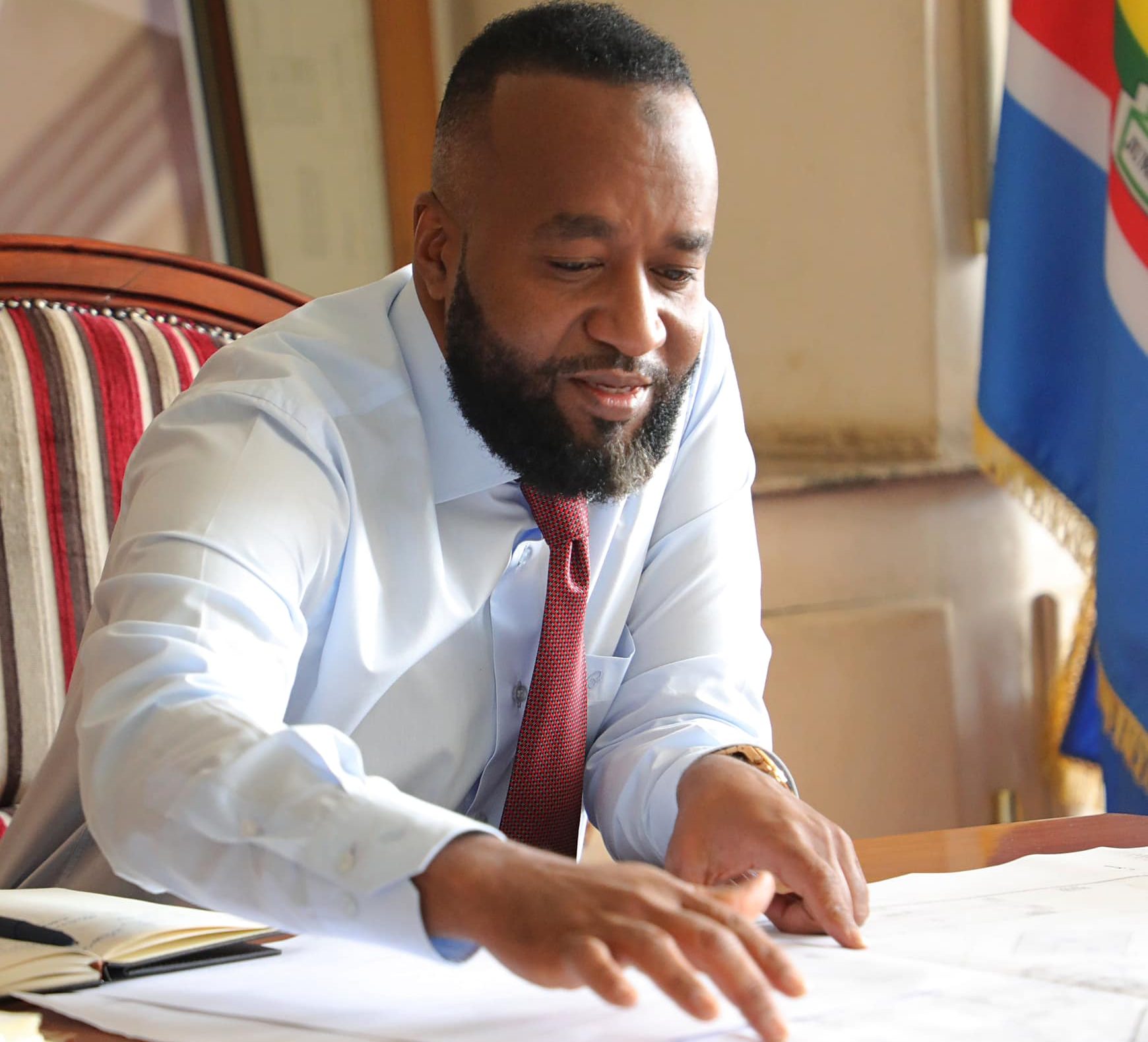I did not know I had eclampsia until too late

The dream for any first-time mum is to have a healthy pregnancy and a safe delivery.
There is a lot expectant mothers are unsure of, and it is hard to know when they are in real danger until things become an emergency. This is how Olivia Alai describes her experience with eclampsia.
“Funny thing is all through the pregnancy I didn’t have anything that pointed towards eclampsia. I went for my routine check-ups: blood pressure and urinalysis were normal. Nothing showed elevated proteins. My husband was supportive all through. We were excited about our baby. Being our first, we had no experience at all. So we fought a lot about what was and what wasn’t. Thankfully towards my second trimester, God created an environment where things started flowing,” she says.
Towards her second trimester, she started experiencing shortness of breath; her legs started swelling, and her face would swell, especially in the mornings. She also had a recurrent urinary tract infection. No doctor would give her any drugs as it is discouraged during pregnancy.
Towards the 30th week, she updated the doctor on her experience, but she said it was normal.
“She gave me fansidar for malaria protection and iron supplement tablets. All through that week, I showed up for work, but I knew deep within that the pregnancy was taking toll on me. On July 25, 2018, I had convulsions, and had to have emergency delivery via C-section the next day. I was taken to Port Florence Hospital in Kisumu, before I was rushed to Jaramogi Oginga Odinga Teaching and Referral Hospital,” she adds.
Despite the scary episode, she delivered a healthy baby boy they named Blessing, weighing 1.5kgs. He was put in an incubator and immediately put on a nutrients drip. This experience motivated Olivia to start a YouTube channel to create awareness of this severe and dangerous pregnancy complication.
Dr Ramadhan Marjahn says pre-eclampsia and eclampsia have everything to do with high blood pressure, with the latter a severe complication of the former. In some cases, the mother had high blood pressure even before the pregnancy, in other cases pregnancy causes high blood pressure, and in severe cases, both.
“Preeclampsia is when your blood pressure, or the force of blood against the walls of your arteries, becomes high enough to damage your arteries and other blood vessels. Damage to your arteries may restrict blood flow. It can produce swelling in vessels in your brain and to your growing baby. If this abnormal blood flow interferes with your brain’s ability to function, seizures may occur; this is what we call eclampsia.
“As doctors, we examine several things including presence of protein in urine- in a normal pregnancy, the urine is not supposed to have protein. We also check swollen lower limbs, body, face and body pressure. If the blood pressure goes beyond 110 and there is an increase of protein, then the patient is most likely going into preeclampsia,” explains the expert.
Continuous tests Dr Marjahn adds that the condition might be hard to detect as there are other ailments with similar symptoms or sometimes a patient might look completely normal. He reccomends routine clinical checkups.
“During clinical routines many tests are consistently done to monitor the state of both mother and unborn baby. For example, we may note when the weight is abnormally high and body has swollen. We advise on how to take care of the blood pressure: reduce or avoid salt intake, take care of limbs by moving around and not sitting or standing in the same place for too long. And in the case of preeclampsia, we continue examining the patient. For instance, if the mother is almost nine months along, we do other tests to check if the baby’s life is in danger. If the baby can survive but the mother’s life is in danger, then you have to deliver the baby,” adds Dr Marjahn.
As he explains, their main aim as doctors is to prevent preeclampsia, by doing required tests, clinical examinations, knee-jerk test and ultra sounds to make sure the pregnancy process is going well.
“Once a patient starts complaining about headaches, difficulty in urinating, vision problems and presents excessive weight gain, then it is already a bad sign. When she has severe eclampsia, and because of blood changes, she becomes pale, indicating that her liver has been damaged. She might also have jaundiceindicated by yellow eyes; the tummy becomes tender and she might experience body pain too.
In this case, we will also do the knee-jerk test,” he says. With eclampsia, the jerk will be exaggerated. If the woman is found to be unfit, the baby has to be delivered as soon as possible.
“There is likelihood to deliver a premature baby who will be put in an incubator. In emergency situations, the woman could deliver through C-Section. But after delivery, all of these signs end. We just have to take care of the mother, following convulsions, check blood pressure and all other conditions and manage accordingly,” he says.













